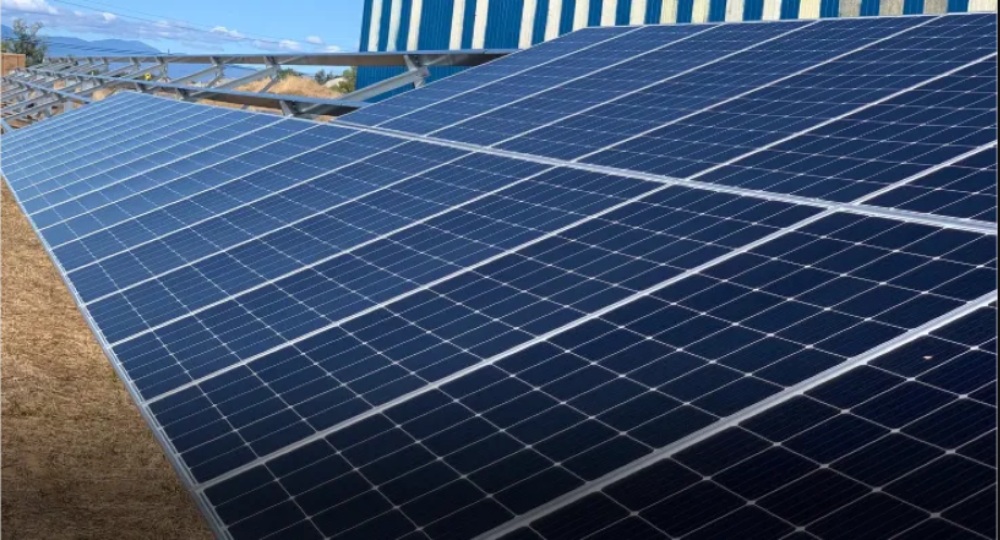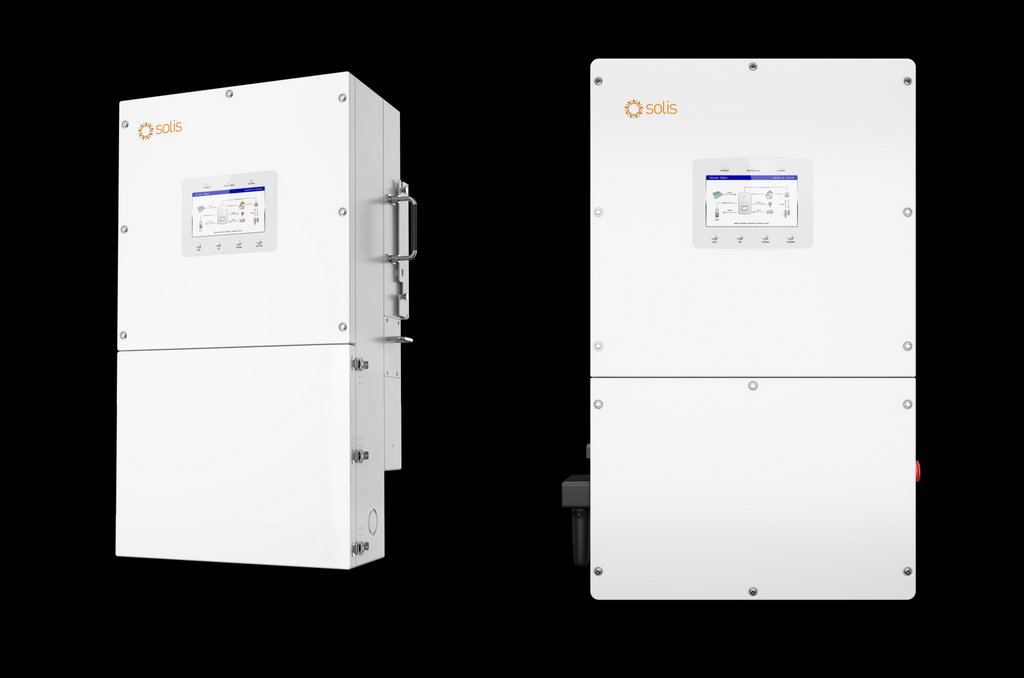Utilities can save up to 41% with smart charging technologies, Pecan Street finds

Pecan Street’s new Charging Smart whitepaper concludes that utilities can save up to 41% on serving their residential electric vehicle charging loads by deploying smart charging technologies. Charging Smart analyzes future residential EV charging scenarios to identify opportunities and challenges for the grid and makes policy recommendations for utilities on how to advance smart charging technologies that will unlock EV charging as a significant grid management resource tool.
Higher capacity vehicle charging will play an important role in the viability and adoption of longer range EVs. However, higher capacity charging loads could be more expensive and less predictable for utilities unless they take deliberate action to integrate smart charging technologies, demand response programs, and utility customer outreach and education. If utilities take these steps, EV charging can be a powerful grid management tool and a net positive for utilities, their customers, and the climate.
“What’s so promising about this analysis is the clear opportunity to push innovation that will use vehicle electrification to create a more reliable electric grid and maximize greenhouse gas reductions,” said Pecan Street CEO Suzanne Russo. “It’s critical that utilities and regulators act now to establish programs that encourage the adoption of smart charging technology and optimal charging behaviors.”
Nearly 100 homes were analyzed with EVs in Pecan Street’s research network and several simulations of grid and utility cost impacts for various scenarios were conducted. The results show an 18% cost increase for the worst-case scenario and a 23% cost decrease for the best-case scenario. The best-case scenario shifted a percentage of EV charging from peak times to overnight, while the worst-case scenario had more EV owners charging in the early evening.
“To get to a real-life scenario that looks like our best-case simulation, we’re going to need to see utilities lean in to smart charging technologies and demand response programs for charging,” said Pecan Street data analyst Cavan Merski. “This approach, along with customer education and incentives, can shift EV charging to optimal times, as we’ve seen with pilot programs, like the CCET study.”





Comments are closed here.